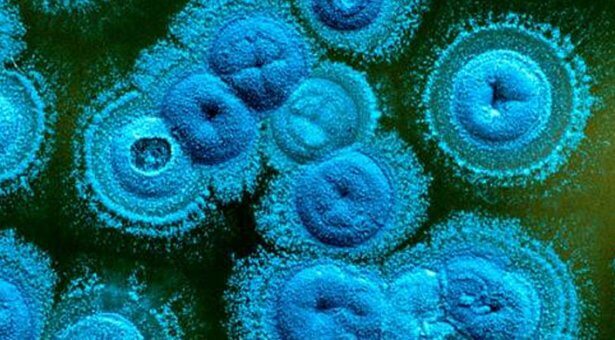Molecular Microbiology

Professor Matt Hutchings is the Head of the Molecular Microbiology department.
The department studes the biology of free-living and plant-associated soil bacteria, with particular emphasis on Pseudomonas, Azotobacter and Streptomyces.
Members of the family Pseudomonadaceae colonise a wide range of environmental niches, from human infections to plant roots and soil, and employ an impressive array of intracellular signalling systems and phenotypic outputs to react to environmental challenges.
Their research seeks to understand;
- The molecular mechanisms underlying signal transduction during responses to the plant environment in the growth promoting species Pseudomonas fluorescens and the related plant pathogen Pseudomonas syringae
- Characterisation of the signalling mechanisms that regulate nitrogen fixation in the soil diazotroph, Azotobacter vinelandii, with the long-term aim of engineering nitrogen fixation genes for agricultural benefit
- Every aspect of the biology of the sporulating, filamentous bacteria Streptomyces, especially differentiation and the production of antibiotics
Their developmental work focuses on the cell biological processes underpinning sporulation, the master regulators that control these processes, and the regulatory networks that link the two. As part of this effort, we have recently pioneered the development of S. venezuelae, which sporulates in liquid culture, as a new model system for the genus.
Their work on secondary metabolism encompasses most classes of antibiotic including polyketides, non-ribosomal peptides and ribosomally synthesized, post-translationally modified peptides. We aim to understand these pathways at the molecular level by characterising their regulation, and the complex, often unusual, biochemical reactions required for natural product assembly. These insights can be used to inform rational reprogramming to produce novel compounds.
This work is complemented by the development of new tools for synthetic biology, including strains optimised to function as hosts for the expression of heterologous gene clusters. Genome sequencing has revealed that all streptomycetes carry ‘silent’ gene clusters specifying unknown natural products. Genome mining of these cryptic clusters represents a new approach to the search for novel medicines.
